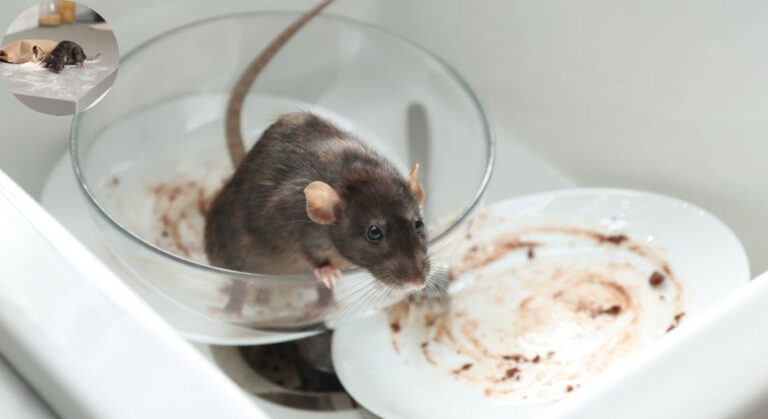As the temperature rises during summer, many homeowners face a common issue: mice infestations. Understanding why these pests come into houses in the summer is crucial for effective prevention and control.
Understanding Mice Behavior in Summer
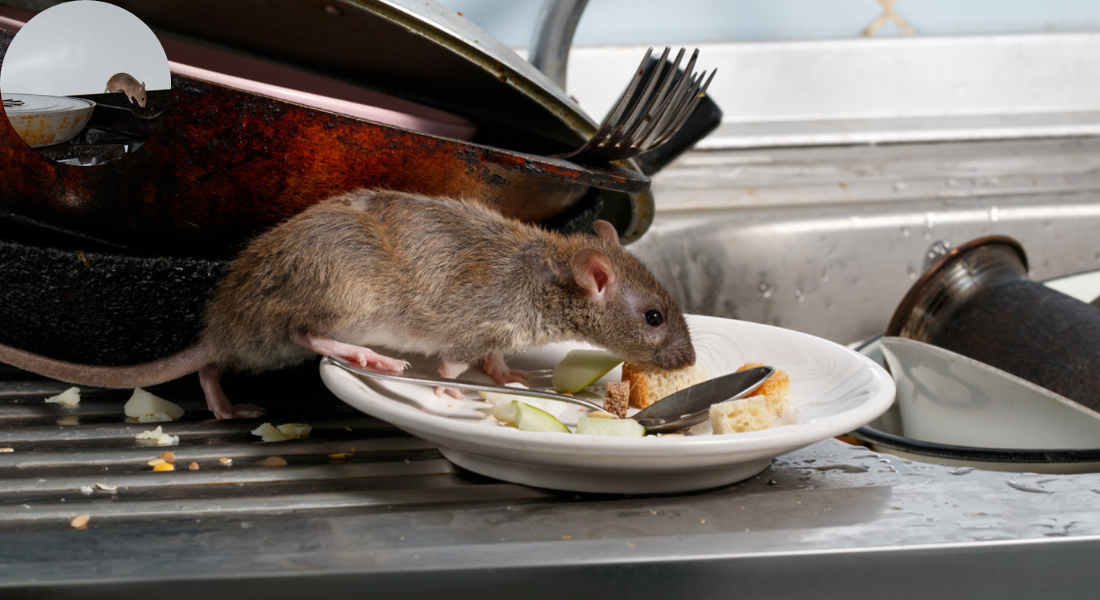
Mice Activity Patterns During Summer
Mice, like many animals, exhibit changes in behaviour with the seasons. During summer, they become more active due to increased foraging and breeding. The warm weather often creates ideal conditions for their survival.
- Foraging: With an abundance of food sources, mice venture out more frequently to gather sustenance.
- Breeding: Warm temperatures promote quicker reproduction rates, resulting in larger populations.
This increase in activity can make them more visible and increase their likelihood of invading homes in search of resources.
Biological Sensitivity to Heat
Mice have a limited ability to regulate their body temperature. When the heat becomes intense, they often struggle to cope with it. This biological sensitivity drives them to seek cooler environments, such as homes, where temperatures are more stable and comfortable.
- Heat Stress: Extreme heat can lead to dehydration and stress in mice, prompting them to search for cooler shelter.
- Survival Instincts: Their natural instinct is to find a safe haven during uncomfortable weather conditions, making homes attractive.
Primary Reasons Why Mice Come in the House in the Summer
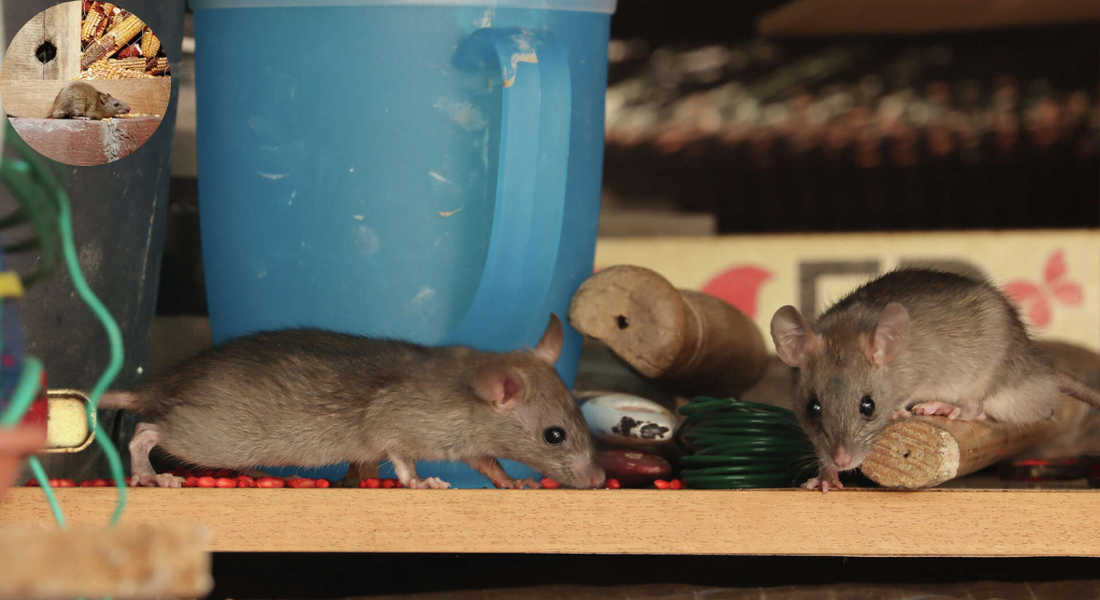
Seeking Shelter from Heat and Weather
One of the primary reasons mice invade homes during summer is to escape the heat and adverse weather conditions. Homes provide cooler, shaded areas—like basements or attics—where they can stay protected from heat waves and sudden summer rainstorms.
- Air Conditioning: Many homes have air conditioning, which becomes a haven for mice seeking relief from the heat.
- Protection from Elements: Shelters like attics or basements offer protection against storms and high temperatures.
You may also read (breathe easy remove mold from your house siding today).
Access to Food and Water
Another major draw for mice is the easy access to food and water inside homes. Summer often leads to an abundance of food sources available to them:
- Food Sources: Crumbs, open containers, and pet food can be easily found in kitchens and dining areas.
- Water Availability: Mice can find water in sinks, pet bowls, and even condensation on pipes, making homes a reliable source of hydration.
Nesting Opportunities
Homes also provide excellent nesting opportunities for mice. They can find comfortable materials, such as carpet fibres, cloth, and hair, to build their nests. Safe, dark, and enclosed spaces are perfect for raising their young, making homes a prime target for nesting.
- Soft Materials: Mice use what they can find to create warm nests.
- Safety: Enclosed spaces protect their young from predators, enhancing their chances of survival.
How Summer Weather Influences Mice Behavior
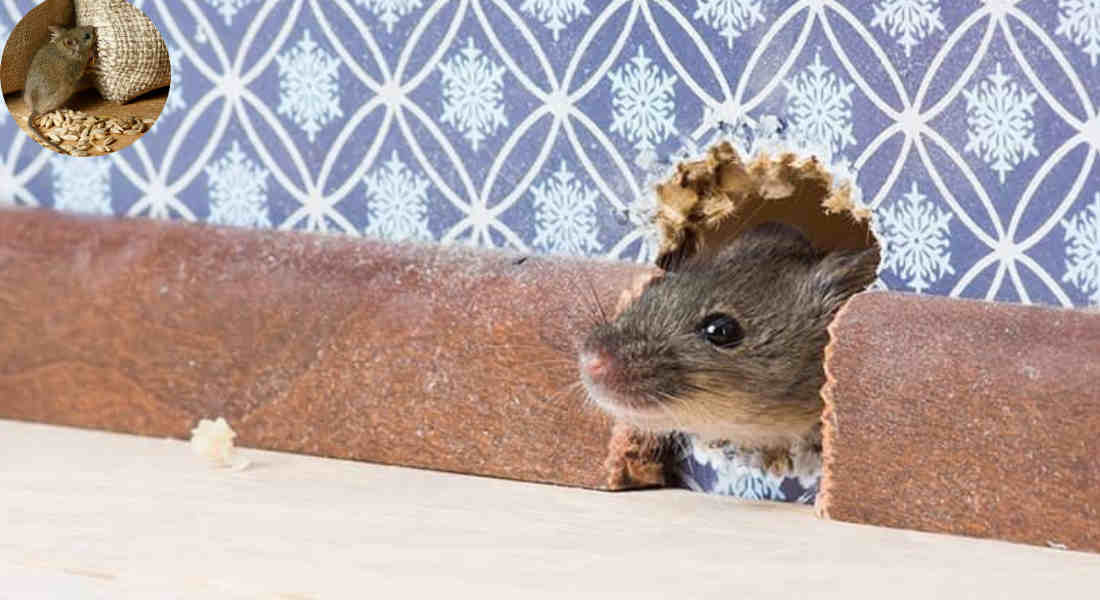
Temperature and Comfort Seeking
The drastic difference between outdoor heat and indoor coolness can significantly impact mice’s behaviour. As temperatures soar, mice instinctively seek out cooler spaces to maintain their comfort and health.
- Survival Instincts: Mice are driven by their need to survive, leading them indoors where conditions are more favourable.
- Behavioural Shift: When the outdoor environment becomes too harsh, their behaviour shifts toward seeking shelter.
Increased Rodent Activity and Visibility
You might notice more mice during summer, even if infestations persist year-round. This increase in visibility is often attributed to the breeding season, which intensifies population growth and prompts mice to enter homes.
- Breeding Season: Warmer months lead to higher reproduction rates, contributing to a larger mouse population.
- Visible Activity: Increased activity means you may spot them more often, highlighting the need for vigilance.
Signs of Mice Infestation in Summer
Detecting a mouse infestation early can significantly reduce the chances of a larger problem. Common signs of mice include:
- Droppings: Small, dark pellets often found near food sources.
- Gnaw Marks: Signs of chewing on furniture, wires, or food packaging.
- Nests: Clumps of materials tucked away in hidden corners.
- Noises: Scratching or scurrying sounds in walls or attics, particularly at night.
You may also read (what is a corporate house and its purpose).
Recognizing these signs is crucial, as early detection can prevent the growth of infestations.
Preventive Measures to Keep Mice Out in Summer
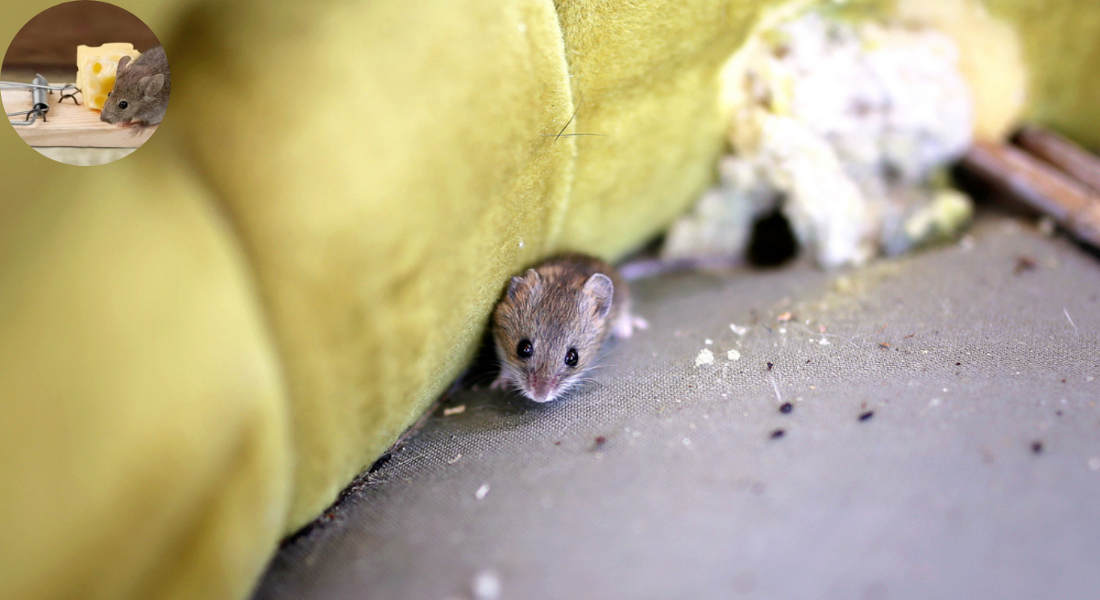
Seal Entry Points
One of the most effective strategies to prevent mice from entering your home is to seal entry points. Mice can squeeze through surprisingly small openings, so it’s essential to be thorough in your inspection.
- Cracks and Holes: Inspect walls, doors, and windows for cracks and gaps.
- Sealing Materials: Use caulk, steel wool, or other materials to fill openings.
Maintain Cleanliness and Food Storage
Keeping your home clean and maintaining proper food storage can go a long way in deterring mice.
- Kitchen Hygiene: Regularly clean surfaces and remove crumbs from countertops and floors to maintain a clean and hygienic environment.
- Sealed Containers: Store food in airtight containers to eliminate easy access.
Reduce Indoor Warmth and Moisture
Creating an environment that is less attractive to mice involves reducing warmth and moisture indoors.
- Ventilation: Ensure proper ventilation to help maintain a comfortable indoor temperature.
- Dehumidifiers: Use dehumidifiers in damp areas to reduce humidity, making it less inviting for mice.
How to Handle a Mice Infestation During Summer
DIY Control Methods
If you suspect a mouse infestation, there are several DIY control methods you can try:
- Traps: Use snap traps or humane traps in areas where you suspect mouse activity.
- Baits: Place bait stations strategically to attract and eliminate mice.
- Natural Deterrents: Consider using natural repellents, such as peppermint oil, which mice dislike.
When to Call Professional Pest Control
While DIY methods can be effective, sometimes it’s best to call in the professionals. Rapid reproduction makes it challenging to entirely completely eliminate mice without expert assistance.
- Expertise: Pest control professionals have the knowledge and tools to address infestations effectively.
- Humane Solutions: Many pest control services offer humane removal options, ensuring that mice are dealt with responsibly.
You may also read (is woodworm damage insured under home policies).

